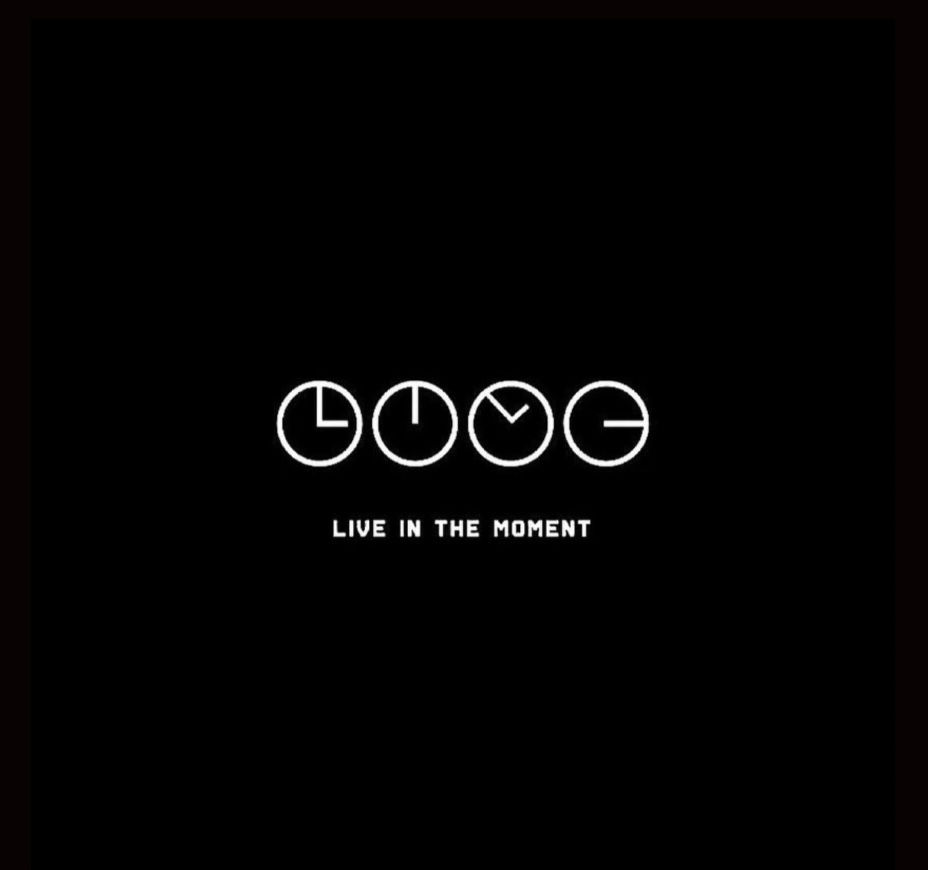Why Psilocybin?
- Palveshey Tariq

- Aug 21, 2025
- 2 min read
Author: Laura Small
The field of plant medicine has gained significant traction in recent years, particularly within the context of alternative healing methods and as a contrast to the traditional Western medical model of pharmaceuticals and standardized therapies. Among the many plant-based therapies being explored, psilocybin has emerged as a focal point of public and scientific interest—driven by growing research and ongoing discussions around its legal status. While only 2 states and a handful of cities around the country have decriminalized psilocybin mushrooms, there is a great deal of consensus around their potential benefits.
One of the most compelling areas of research focuses on psilocybin’s impact on brain function—specifically, its ability to enhance neuroplasticity. Neuroplasticity refers to the brain’s capacity to reorganize itself by forming new neural connections, leading to structural and functional changes. Although this is a natural process that occurs throughout life, studies suggest psilocybin may significantly accelerate it.
Why does this matter? Because increased neuroplasticity has been linked to improved learning, habit formation, recovery from injury, overcoming negative thought patterns, improved stress management, and trauma healing. In a society grappling with a widespread mental health and wellness crisis, this represents a powerful and timely opportunity.

While we’re still in the early stages of fully understanding how and why psilocybin works, the research speaks for itself. In a recent study, 58% of participants ranked their psychedelic experience as one of the top five most meaningful events of their lives; 85% placed it in their top ten, and 94% reported lasting, positive life changes (Unveiling Psychedelics: One of the Most Meaningful Events in Life Associated with Improved Well-Being in Swedish Users, Journal of Psychoactive Drugs). These findings are consistent across similar studies.
In my own practice, clients have described their experiences with psilocybin as the equivalent of “years of therapy in a single afternoon.” Personally, psilocybin has been a catalyst for deep reflection and healing that had previously eluded me and traditional therapies had failed to resolve.
For those seeking personal transformation, growth, and healing, psilocybin offers the potential to be a powerful catalyst, unlocking new insights, perspectives, and emotional breakthroughs in a relatively short period of time. There's still much to learn about both psilocybin and the brain, but current evidence demonstrates it may be one of the most promising tools we have for enhancing our physical, emotional, and spiritual well-being.

.png)


